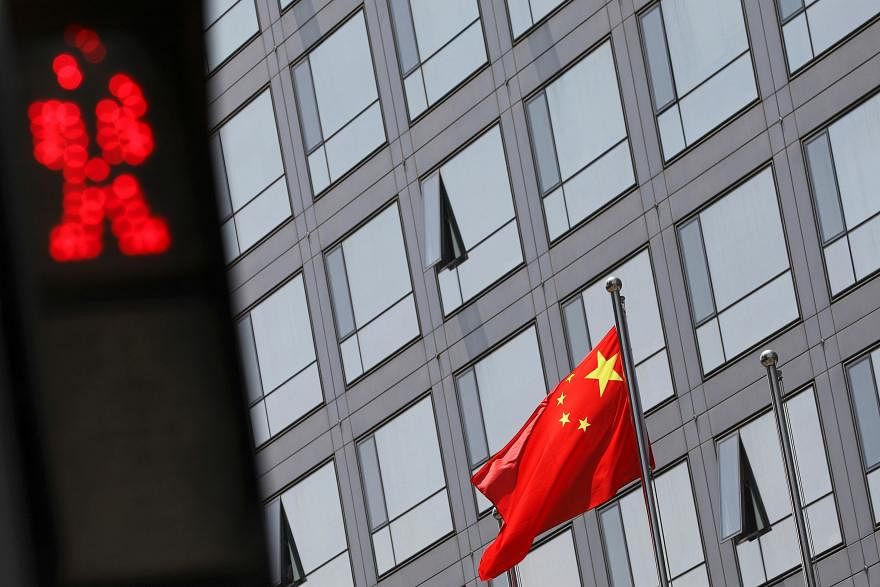NET zero by 2050? Fewer executives on the frontlines of the world’s energy transition now view this as realistic, as 62 per cent believe that the world will reach net zero only by 2060 or later as it has become more difficult to generate returns, a study by management consultancy Bain & Company found.
A year ago, only 54 per cent of these energy and natural resource executives believed that net zero will be delayed to 2060 or beyond, with 26 per cent believing that the goal can be attained by 2060, and 28 per cent thinking that it is a reality for 2070 or later.
The rest – 46 per cent – were still optimistic about a future where net zero is reached in 2050 or earlier.
However, the results of Bain’s latest survey – which polled more than 600 executives in the oil and gas, utilities, chemicals, mining and agribusiness sectors during the 2023 United Nations Climate Change Conference in Dubai and the weeks after – showed that only 38 per cent expect the world to reach net zero carbon emissions by 2050.
This comes as 31 per cent now expect net zero to come by 2060 instead, while another 31 per cent believe it is a reality for 2070 or later.
Behind this shift in sentiments is a growing realisation that it has become more difficult to ensure adequate investment returns, Bain said in its report released on Thursday (Mar 14).
The shift does not stem from a damping of ambitions by these energy and natural resource companies for their transition-oriented growth businesses.
The findings revealed that it is more so that customers’ willingness to pay is now seen as a growing issue, as is the ability to generate adequate return on investment (ROI) in energy transition-oriented projects, Bain remarked.
As a result, companies are focusing on projects with a viable ROI path, it noted.
“Clearly, the longer that executives on the front lines of the energy transition grapple with the challenges of putting decarbonisation plans into action, the more sober they’re getting about the transition’s practical realities,” Bain added.
Also contributing to the shift in expectations is the realisation that energy transition progress is diverging across regions as the world fractures economically and geopolitically, Bain said.
It pointed out that even as increasing government subsidies make some regions – such as North America – more attractive for investment, executives have growing concerns about policy stability.
Macroeconomic headwinds – notably, high interest rates – have made it that much harder to assemble sufficient capital to scale up transition projects and to attract enough customers to deliver a return, it added.
But some bright spots remain, Bain said, noting that more executives in the Middle East and Asia-Pacific are feeling more optimistic about the prospects of their transition-oriented growth businesses.
The survey found that only 4 per cent of executives in the Middle East are less optimistic about how new energy transition-oriented growth areas can contribute to their company’s profit and valuation by 2030; 61 per cent expressed being more optimistic.
In Asia-Pacific, 55 per cent are more optimistic about this, while 12 per cent are less optimistic.
The picture elsewhere is more mixed, with 17 per cent in North America being less optimistic while 29 per cent have grown more optimistic, and 27 per cent in Europe being less optimistic while 30 per cent have grown more optimistic.



